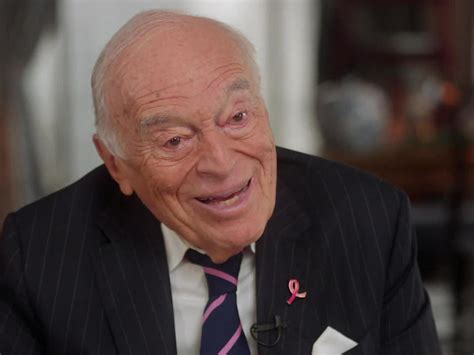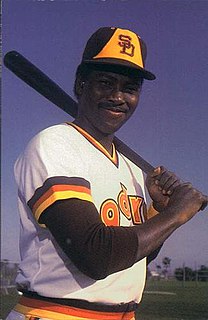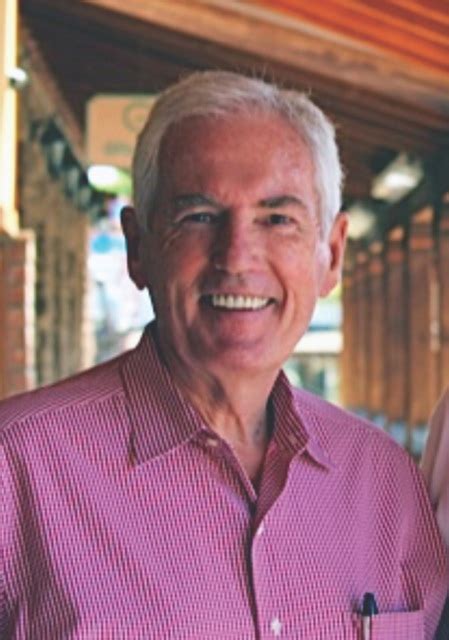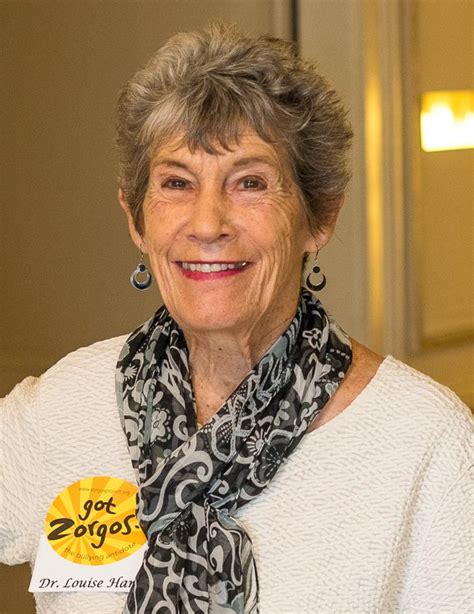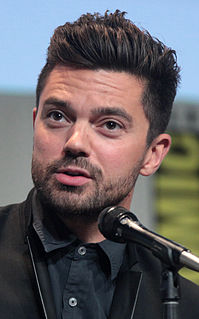A Quote by Jodi Picoult
Maybe knowing where you belong is not equal to knowing who you are.
Quote Topics
Related Quotes
You can't sit down and write 300 compositions in a three-month period and think that you're doing it all by yourself. Obviously, there's something going on here. And whether you want to call it channeling or being connected to a creative force or knowing your history and knowing where you belong, that's, you know, maybe a personal thing.
Right now you can allow yourself to experience a very simple sense of not knowing - not knowing what or who you are, not knowing what this moment is, not knowing anything. If you give yourself this gift of not knowing and you follow it, a vast spaciousness and mysterious openness dawns within you. Relaxing into not knowing is almost like surrendering into a big, comfortable chair; you just fall into a field of possibility.
A visionary is someone who can see the future, or thinks he sees the future. In my case, I use it and it comes out right. That doesn't come from daydreams or dreams, but it comes from knowing the market and knowing the world and knowing people really well and knowing where they're going to be tomorrow.
Self-esteem creates natural highs. Knowing that you're lovable helps you to love more. Knowing that you're important helps you to make a difference to to others. Knowing that you are capable empowers you to create more. Knowing that you're valuable and that you have a special place in the universe is a serene spiritual joy in itself.
History is for human self-knowledge. Knowing yourself means knowing, first, what it is to be a person; secondly, knowing what it is to be the kind of person you are; and thirdly, knowing what it is to be the person you are and nobody else is. Knowing yourself means knowing what you can do; and since nobody knows what they can do until they try, the only clue to what man can do is what man has done. The value of history, then, is that it teaches us what man has done and thus what man is.
It's a very, very exciting time, but you can't help thinking or not quite knowing how it's seen from the outside. You're constantly in a state of terror or regret, not quite knowing how things are going to pan out, or whether you've made the right decisions. But, maybe that's just what it's like. Maybe that's just the life of it.




